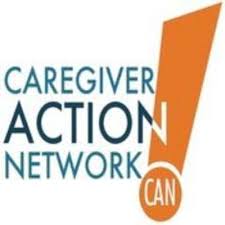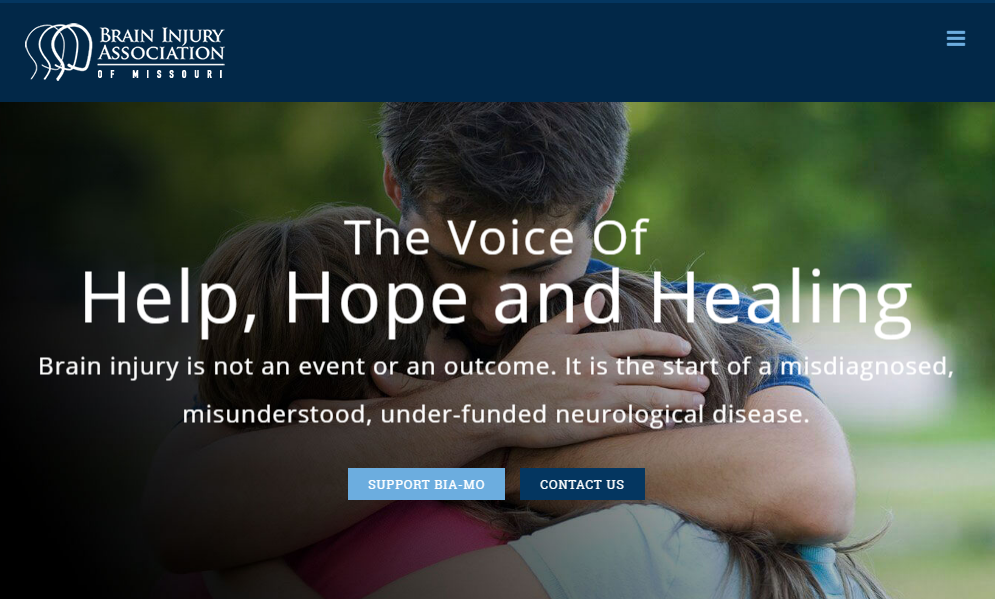A Game Plan for Traumatic Brain Injury

Kelli Pokrifka is part of what she calls a “really cool community” of people living with traumatic brain injury (TBI). After fainting and hitting her head in 2013, Kelli experienced debilitating nausea and fatigue, sleeping up to 20 hours a day. She was mostly incoherent during her waking hours.
“I couldn’t walk. I couldn’t go to school. I couldn’t drive,” said Kelli, who had been attending college before her injury. “Some days it hurt to think. I would be nauseated and vomiting all day.”
She toiled to find resources and information on how to best adjust, cope and hope with her new reality of living with a TBI.
“It was hard to find information,” she said. “Most of what helped came by word of mouth.”
She realized the time and energy she was putting into researching treatment options and practical advice was better spent focusing on healing. She decided to help patients like herself by making the latest information and practical resources for TBI easily accessible. She created ConcussionGamePlan.com to help people with TBI take control of their recovery.
Kelli has been surprised at the overwhelmingly positive response. “Some people have been so desperate for years and even decades, for information on different therapies. Sometimes doctors don’t know or are uncomfortable prescribing alternative treatments.”
Another aspect of living with TBI is feeling like other people don’t understand what you are going through, and feeling very alone. Kelli experienced severe depression on her road to recovery.
She hopes that by sharing her experiences and making what she has learned and continues to learn accessible, patients with TBI will know they are not alone and can be empowered to be their own advocates.
She considers ConcussionGamePlan.com her full time job. The ability to return to work will vary for each individual, and Kelli offers words of advice.
“Celebrate each victory and go at your own pace. Allow yourself to rest. Work with your brain, not against it. Listen to your body. Listen to your symptoms.”
Editors note: Allsup helps individuals living with TBI and other disabilities apply for SSDI and return to work.
Next: Facing the unknown―living with a rare disease.
Allsup
Related Articles

Uncategorized
Helping Family Caregivers With What They Need to Know

Uncategorized
Understanding MS and Disability Benefits

Uncategorized
BIA-MO Gets Real about Brain Injury Awareness

